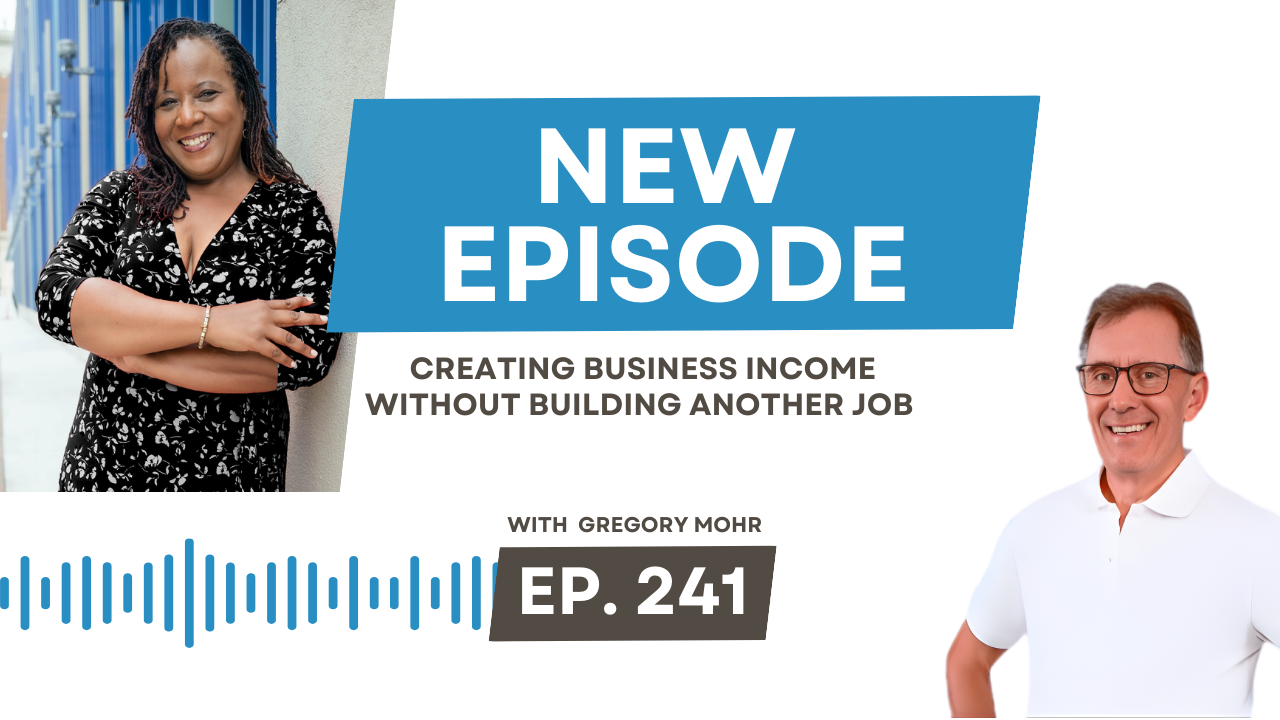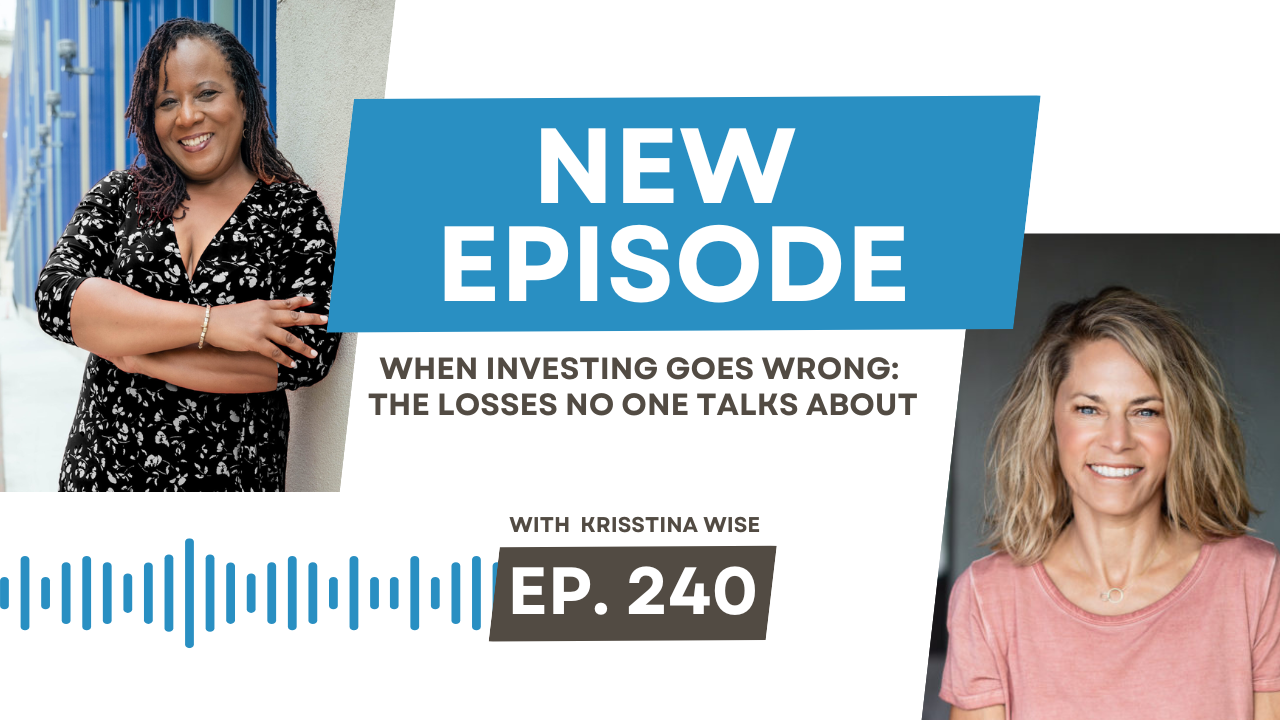In today’s challenging financial environment, embracing a CFO mindset for managing your household finances can be a game-changer. According to Ahuva Gruen, a seasoned Fractional CFO, managing your finances like a business is crucial. Doing so can achieve financial stability, long-term growth, and peace of mind. Just as a CFO steers a company to profitability, you can guide your household toward financial success by taking control of budgeting, planning, and strategic decision-making.
Now, let’s explore why every household should adopt this business-minded financial approach.

Understanding the CFO Mindset for Personal Finance
A Chief Financial Officer (CFO) is responsible for managing a company’s finances, ensuring profitability, and making strategic decisions. In the same way, when you apply this mindset to your household, you become the CFO of your financial future.
Managing household finances is not only about paying bills and saving money; instead, it involves developing a strategic plan for how you want your money to work for you. It is essential to treat your household like a business, knowing where every dollar goes, budgeting wisely, and making calculated decisions about your financial goals. Ahuva mentions, “If you don’t know how to manage your money, it will eventually hurt your financial future, just as it would in a business.”
Therefore, by adopting a CFO approach, you gain clarity on where you stand financially and can identify opportunities to save, invest, or cut unnecessary expenses.
Strategic Financial Planning: A Business Approach to Personal Finance







